Causes And Treatment Of Lack Of Balance In The Elderly
Elderly people often feel weak due to poor health and are prone to a fall. Lack of balance in the elderly is a critical issue that can be mitigated with treatment, therapy and education.
Elderly people tend to have weaker immune systems, muscles, joints and bones. Many have mobility issues due to arthritis or following surgery. Others may have neurological diseases such as Alzheimer’s, Parkinson’s, and dementia, or have had a stroke. These conditions affect the brain and can contribute to lack of balance in the elderly.
What follows is a general overview of balance issues in older people and is for information purposes only.
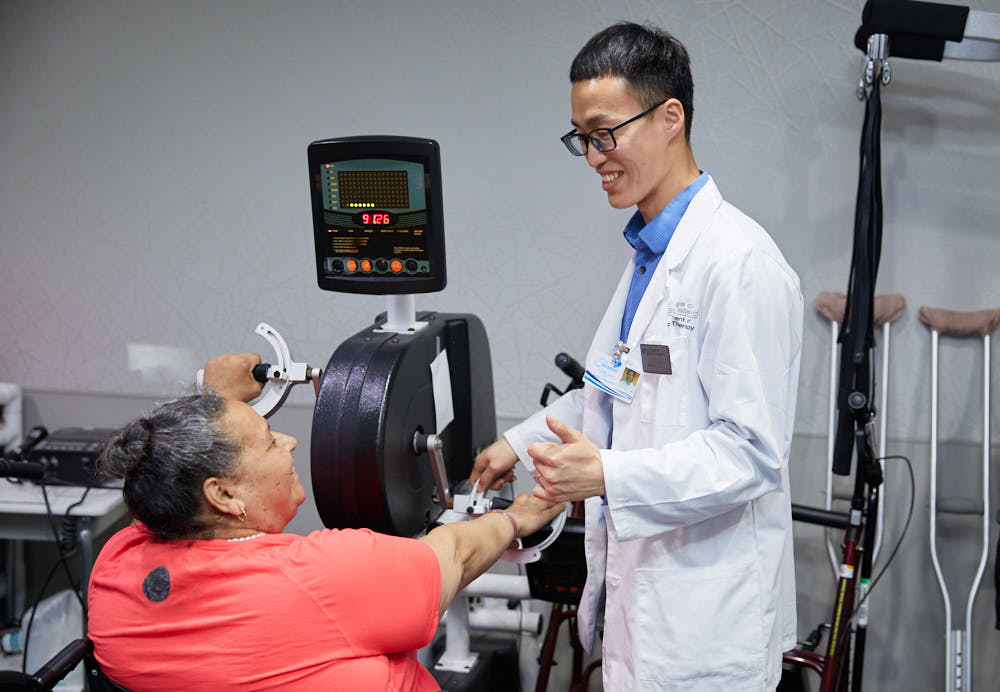
What Causes Lack Of Balance In The Elderly?
It is well known that frail, elderly people are usually unsteady on their feet. This may be because they are unable to walk normally as they once did. It may be because they slept badly and are feeling tired. It may be that they tried to rise from their chair and suddenly feel dizzy and nauseous.
Lack of balance in the elderly is extremely common and is often connected to poor vision or inner ear problems. An infection or swelling in the inner ear can seriously affect your balance. The causes of coordination and balance problems will vary from person to person. In older people there are most likely multiple causes, rather than a single one.
As we age, problems with blood pressure or circulation can make you feel dizzy and lose your balance. Poor circulation means oxygen doesn’t reach the muscles and brain as effectively as before and may lead to balance loss. Neurological problems like multiple sclerosis affect the brain, nerves and spine, often leading to lack of balance in the elderly.
Furthermore, many elderly people are on medication of one kind or another. Sometimes medications have side effects that lead to lack of balance in the elderly. Chronic diseases such as diabetes and anemia can also affect balance.
How can you improve your balance?
Exercises and routines such as yoga, Pilates and Tai Chi are great ways to improve posture, strength, coordination, and balance. Aerobic and breathing exercises may also be appropriate as they help circulate oxygenated blood to the brain. However, seek professional advice on exercises, as they need to be done safely.
Carefully tailored physical therapy can improve balance and help reduce the risk of a fall. Education, encouragement, and emotional support can help elderly people with balance issues, too. Consult your doctor to find out what might work best in your specific circumstances.
Fairview Adult Day Care Center in Brooklyn NY offers a convivial and positive environment in which people can learn about and address balance and other health issues. We offer rehabilitation therapies such as physical, occupational and speech therapy. Our recreation therapy is a fun way to keep socially engaged and mobile and boosts mental health. Preventing a fall is a vital part of care and rehab to help tackle lack of balance in the elderly.
This article is for educational and informational purpose only and does not substitute for professional medical advice. For any questions about your own health condition, speak to a qualified physician or healthcare provider.

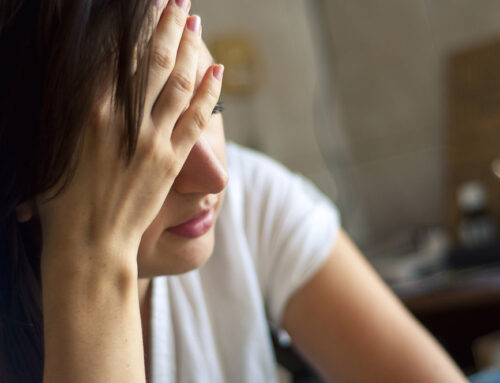
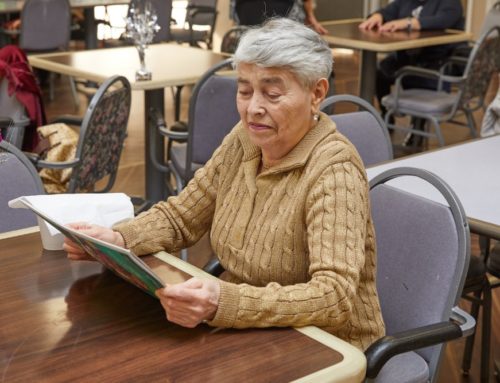
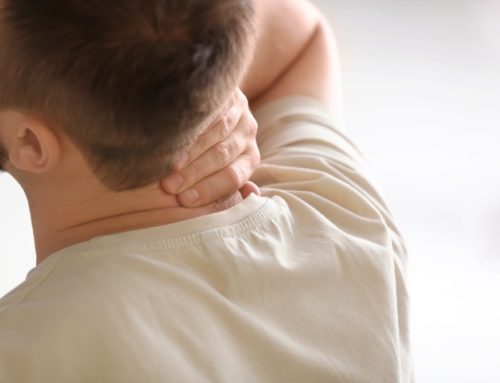
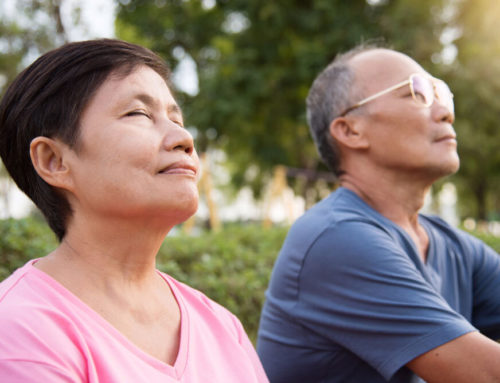
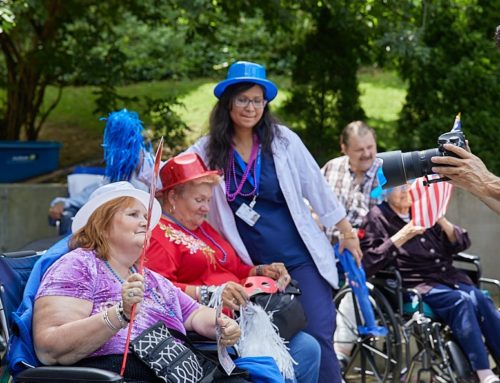
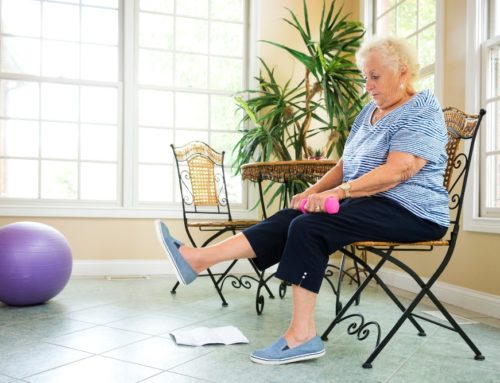
Leave A Comment